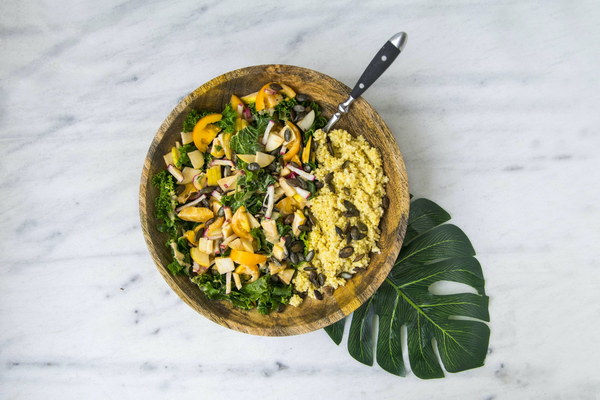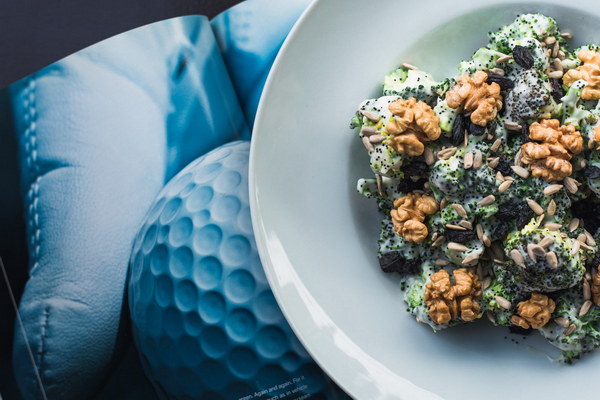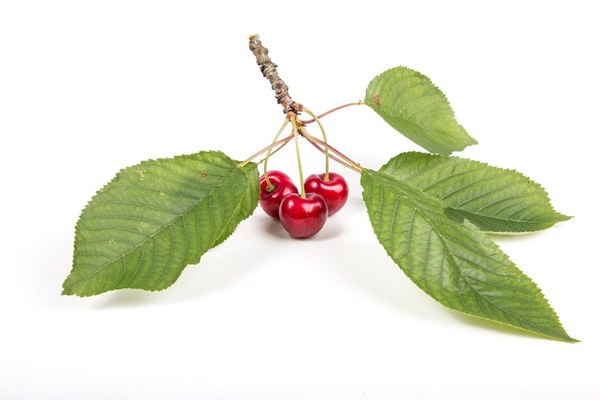Revive Your Health A Step-by-Step Guide to Brewing Ginger Tea for Dampness Relief
In the hustle and bustle of modern life, it's easy to fall prey to dampness, a condition that can manifest in various ways, from fatigue and indigestion to joint pain and skin issues. But fear not! There's a natural, time-honored remedy that has been used for centuries to combat dampness: ginger tea. Brewed from the potent roots of the ginger plant, ginger tea is not only warming and comforting but also packed with medicinal properties that can help expel dampness from your body. Here's a comprehensive guide on how to brew this effective herbal tea.
Ingredients
- Fresh ginger root: 1-2 inches (2.5-5 cm)
- Filtered water: 1 cup (240 ml)
- Optional: honey or lemon juice to taste
Equipment
- A sharp knife
- A grater or zester
- A saucepan
- A strainer or cheesecloth
- A mug or cup
Instructions

Step 1: Prepare the Ginger
Start by peeling the ginger root using a sharp knife. You can either peel the entire ginger root or just the outer layer, depending on your preference. Once peeled, you have two options: grate or zest the ginger. Grating will provide a stronger flavor, while zesting will give you a more subtle taste.
Step 2: Boil the Water
Fill a saucepan with filtered water and bring it to a boil. If you're using a large pot, you can prepare more ginger tea for later use.
Step 3: Brew the Ginger
While the water is boiling, add the grated or zested ginger to the saucepan. If you're making a single cup of tea, use 1-2 inches of ginger; for a larger batch, adjust the amount accordingly.
Step 4: Simmer the Ginger
Reduce the heat to a low simmer and let the ginger steep in the water for about 10-15 minutes. This allows the ginger's essential oils and medicinal properties to infuse into the water.
Step 5: Strain the Tea
After the ginger has steeped, remove the saucepan from the heat and strain the tea into a mug or cup using a strainer or cheesecloth. Be sure to squeeze out any remaining ginger juice to extract all the goodness.
Step 6: Add Sweeteners (Optional)
If you prefer, you can sweeten the ginger tea with honey or add a squeeze of lemon juice for a refreshing twist. Stir well and enjoy your cup of dampness-busting ginger tea!
Benefits of Ginger Tea
Ginger tea offers numerous health benefits, including:
- Dampness Relief: As mentioned earlier, ginger is renowned for its ability to expel dampness from the body, helping to alleviate symptoms such as fatigue, indigestion, and joint pain.
- Digestive Aid: The gingerols in ginger have anti-inflammatory properties that can help ease digestive discomfort, reduce bloating, and improve digestion.
- Pain Relief: Ginger's natural analgesic properties can help alleviate pain, including menstrual cramps and arthritis pain.
- Immune System Boost: Ginger tea can help boost your immune system, making it an excellent drink to consume during the flu season or when you're feeling under the weather.
- Cancer Prevention: Some studies suggest that ginger may have anti-cancer properties, although more research is needed to confirm these findings.
Tips for Brewing the Perfect Ginger Tea
- Use fresh ginger root for the best flavor and medicinal properties.
- Try different brewing methods, such as steeping the ginger in hot water or simmering it on the stove.
- Experiment with sweeteners and flavorings to find the perfect ginger tea recipe for you.
- Drink ginger tea regularly to maintain its health benefits.
In conclusion, brewing ginger tea is an easy and delicious way to combat dampness and promote overall health. By following this simple guide, you can enjoy a cup of warming ginger tea that will leave you feeling refreshed and revitalized.









